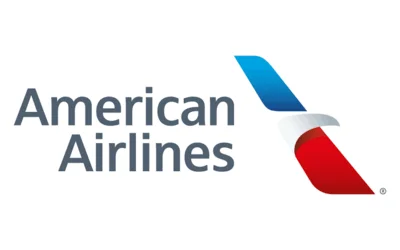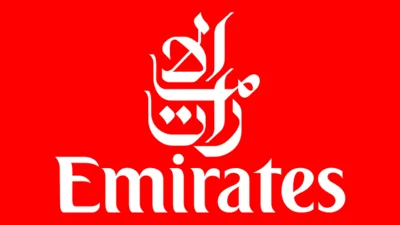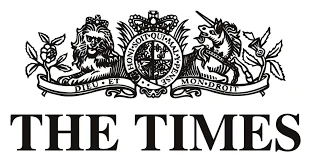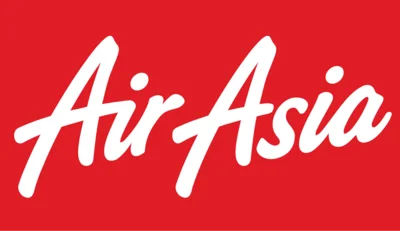In terms of safety, IATA noted that while improvements have been made across Africa, implementation of global standards remains below average compared to other regions. The effective implementation rate for ICAO Standards and Recommended Practices (SARPS) stands at just under 60% in Sub-Saharan Africa—lower than both the global average of about 69% and the target of 75%. In addition, runway excursions were cited as a leading cause among reported accidents in Africa during 2024. IATA called for renewed efforts from ICAO Runway Safety Teams at airports as well as better adherence by states to timely accident reporting requirements.
On taxation and charges, IATA pointed out that these are about 15% higher in Africa than elsewhere globally. Excessive fees can discourage demand for air travel and slow broader economic progress by making transportation less accessible for passengers and goods alike. Where such charges are used to fund infrastructure projects within aviation, IATA stressed the need for coordination between governments and industry stakeholders so that investments remain cost-effective and scalable.
Another major concern raised was blocked funds: airlines have faced difficulties repatriating approximately $1 billion in revenue from African countries as of May 2025—a figure representing nearly three-quarters of all blocked airline funds worldwide spread across 26 nations on the continent. This situation often forces carriers to reduce or suspend service routes due to financial constraints.
“These challenges are not new but solving them is urgent. That’s why IATA launched initiative in 2023, working hand-in-hand with governments, industry, and development partners to deliver real improvements in safety, affordability, and connectivity. Aviation is not a luxury. It is an economic and social lifeline. Focus Africa is about turning potential into jobs, growth and prosperity,” said Appavou.
The association also emphasized support for CORSIA—the Carbon Offsetting and Reduction Scheme for International Aviation—which forms part of global efforts toward net-zero emissions from international flights. CORSIA began its voluntary phase in 2024; mandatory reporting will start in 2027 with participation from more than one hundred countries including twenty from Africa as of this year.
IATA urged African governments not only to ensure compliance with CORSIA but also avoid introducing fragmented local taxes or regulations that could undermine international agreements or complicate policy frameworks around carbon emissions offsetting.
 Alerts Sign-up
Alerts Sign-up




































